“The Architecture of Social Reform: A Critical Analysis of Modernist Domesticity”
In this captivating exploration, Rousset delves into the intellectual roots of modern architecture’s preoccupation with domestic spaces, unraveling the intricate relationship between aesthetics, urbanization, and social reform. Through meticulous analysis and rich illustration, the book illuminates how the modernist quest for new architectural forms was deeply intertwined with broader aspirations to reshape society through housing.
Focusing on Germany’s burgeoning cities and the pressing need for housing solutions, Rousset examines the multifaceted dialogue that unfolded among architects, urban theorists, planners, and social scientists. Together, these diverse voices advocated for a radical reimagining of domestic design as a means to transcend class divisions and foster social harmony. The book reveals how the pursuit of good, modest, and tradition-inspired housing became a catalyst for innovative architectural theory, challenging established norms and prompting a reevaluation of the architect’s role in shaping society.
Through insightful analysis and compelling arguments, “The Architecture of Social Reform” contends that modern architectural theory underwent a profound epistemological shift long before the emergence of the avant-garde. By situating architecture within the broader context of modern class politics, the book offers a fresh perspective on the transformative potential of architectural discourse and its enduring impact on social dynamics.
With its thought-provoking insights and rich historical context, this book is essential reading for scholars, students, and enthusiasts interested in the intersection of architecture, society, and ideology. Drawing on a wealth of archival material and scholarly research, Rousset’s work provides a nuanced understanding of the complex forces that shaped modernist domesticity and its role in the broader project of social reform.

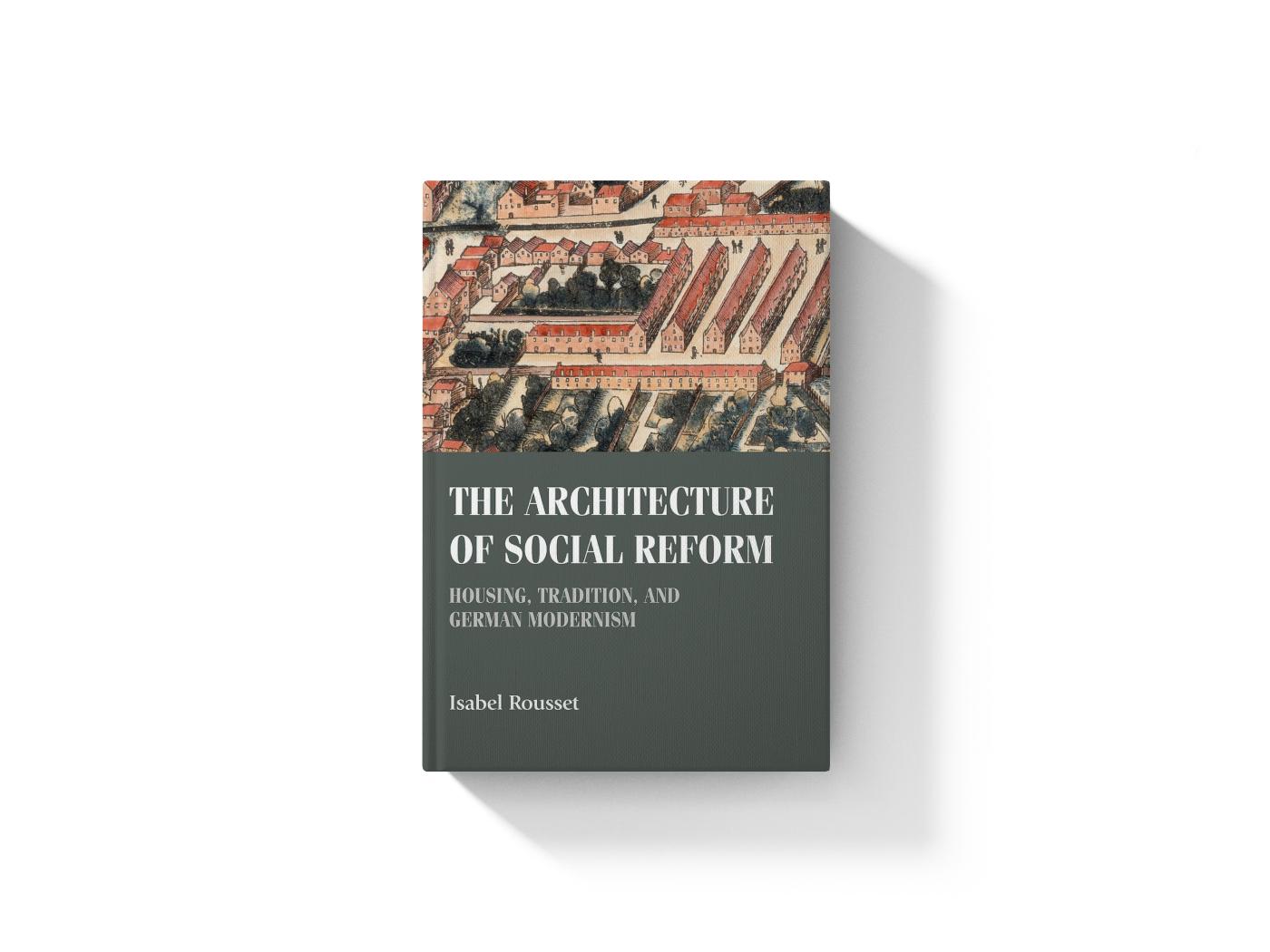
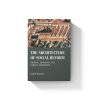






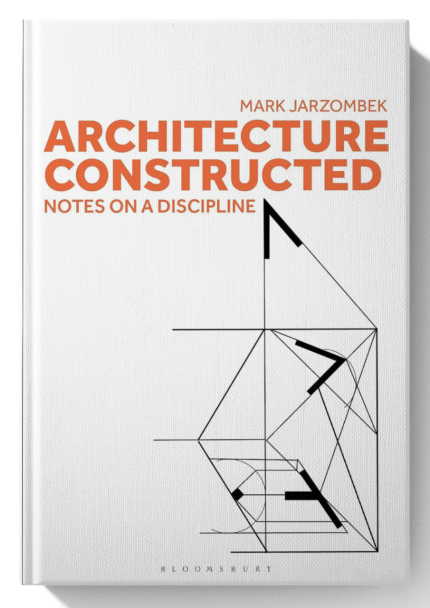

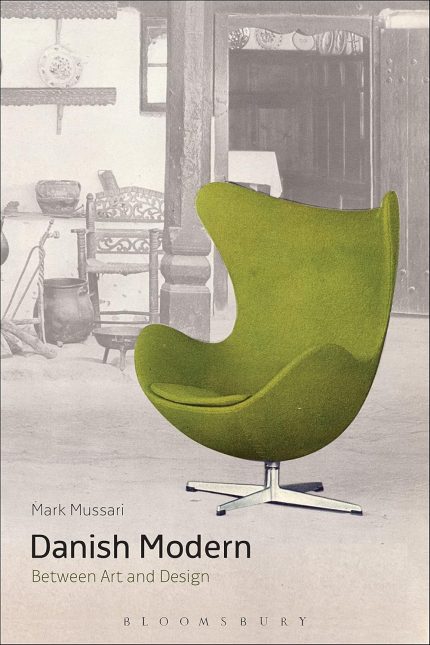

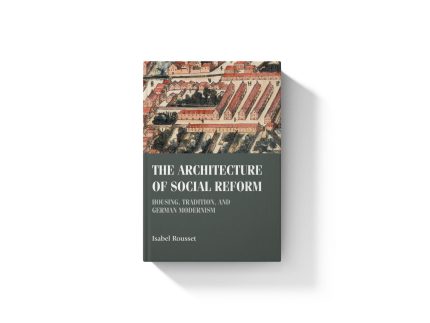
Reviews
There are no reviews yet.